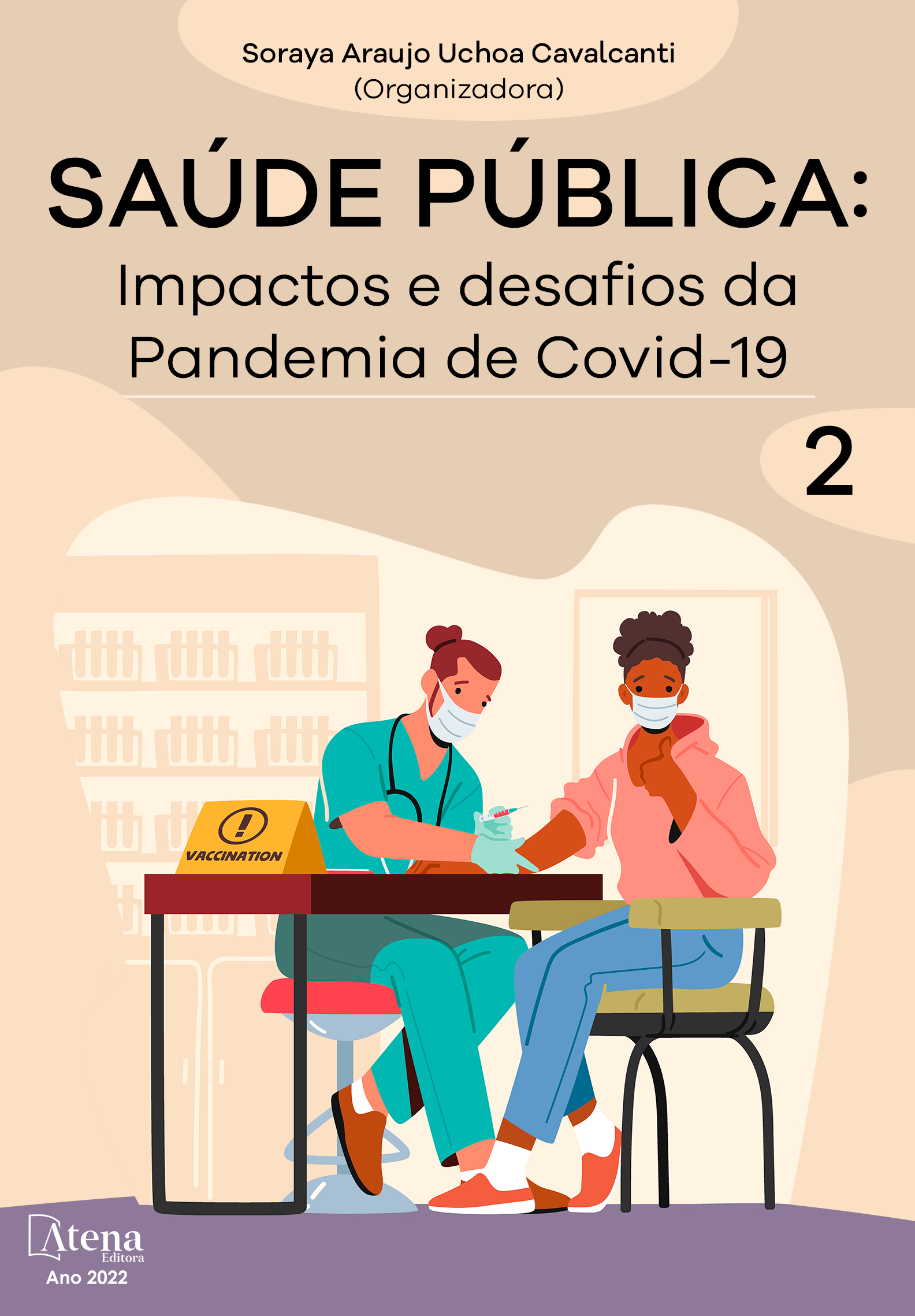
REDUZINDO A PROPAGAÇÃO DO SARS-CoV-2 COM ANTISÉPTICOS BUCAIS: RESULTADOS PROMISSORES GERARAM UMA INFODEMIA
Além da pandemia de COVID-19, a pandemia de informações, chamada infodemia, marca um desafio emergente para a saúde pública. Diante desse cenário, realizamos um estudo infodemiológico retrospectivo para explorar quantitativamente o interesse de pesquisa no Google Trends (GT) e avaliar qualitativamente o conteúdo da discussão no Twitter sobre o tema “antissépticos bucais” (mouthwashes, em inglês) no contexto da pandemia. A análise infométrica utilizando o GT quantificou o volume de pesquisa relativo e a análise qualitativa utilizando o Twitter foi realizada por dois pesquisadores independentes, permitindo que as categorias emergissem indutivamente. Nossos resultados mostraram um aumento crítico do interesse público em antissépticos bucais a partir do início de novembro de 2020. Em contrapartida, os tweets que compartilham adequadamente a evidência resultante de antissépticos bucais contra o SARS-CoV-2 tiveram a menor prevalência. Apesar do alto interesse público no papel dos antissépticos bucais na prevenção/tratamento do COVID-19, o conteúdo dos tweets disseminou principalmente desinformação. Portanto, os profissionais de odontologia devem estar online fornecendo evidências sólidas e evitando a disseminação de notícias falsas.
REDUZINDO A PROPAGAÇÃO DO SARS-CoV-2 COM ANTISÉPTICOS BUCAIS: RESULTADOS PROMISSORES GERARAM UMA INFODEMIA
-
DOI: 10.22533/at.ed.43122140312
-
Palavras-chave: COVID-19. Desinformação. Saúde Pública.
-
Keywords: COVID-19. Misinformation. Public health.
-
Abstract:
In addition to the COVID-19 pandemic, the information pandemic, called infodemic, marks an emerging public health challenge. Given this scenario, we carried out a retrospective infodemiological study to quantitatively explore the research interest in Google Trends (GT) and qualitatively evaluate the content of Twitter discussion on the topic “mouthwashes” in the context of the pandemic. The infometric analysis using the GT quantified the relative research volume and the qualitative analysis using Twitter was performed by two independent researchers, allowing the categories to emerge inductively. Our results showed a critical increase in public interest in mouthwashes starting in early November 2020. In contrast, tweets that adequately share the resulting evidence of mouthwashes against SARS-CoV-2 had the lowest prevalence. Despite high public interest in the role of mouthwashes in the prevention/treatment of COVID-19, the content of the tweets mainly disseminated misinformation. Therefore, dental professionals must be online providing solid evidence and preventing the spread of fake news.
-
Número de páginas: 12
- Thayná Regina Pelissari
- Leandro Machado Oliveira


